What Jobs Can You Get with an MS in Molecular Biology?
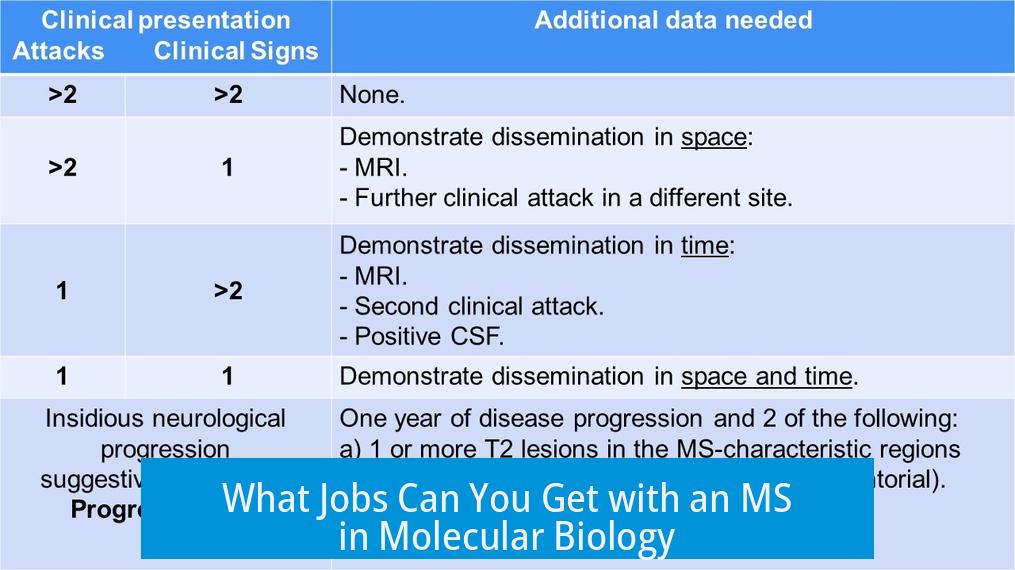
An MS in Molecular Biology opens doors to various roles across biotechnology, pharmaceuticals, healthcare, research, and beyond. Graduates find opportunities in quality control, clinical research, medical device operations, environmental science, and even sales within scientific industries. The degree provides a solid scientific foundation for positions demanding expertise in molecular techniques and biological systems. This article explores the career options available and practical steps graduates can take.
Biopharma and Quality Control Roles
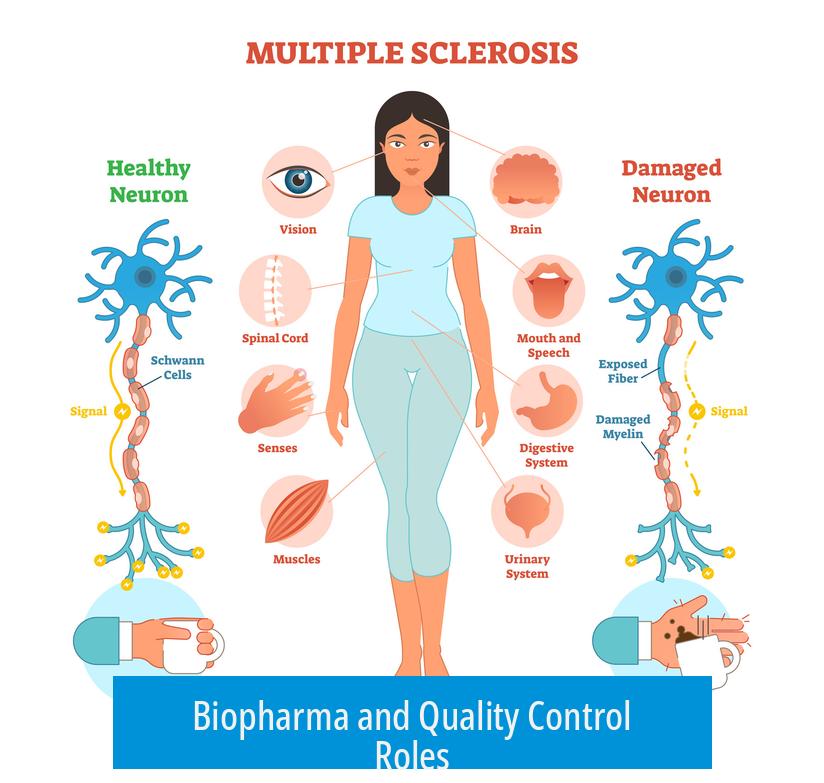
The biopharmaceutical industry is a primary employer of molecular biology graduates. Many work in quality control (QC), where they test biologic products to ensure safety and purity. Typical duties include endotoxin testing and bioburden testing on pharmaceuticals or biological medical devices.
- QC Technician or Scientist in biologics manufacturing
- Laboratory Analyst focusing on product testing
- Quality Assurance roles ensuring compliance with regulatory standards
Biotech and pharmaceutical companies regularly seek candidates with MS-level training for precision and reliability in product testing workflows. Experience in assay development and regulatory knowledge can be a plus.
Molecular Scientist Positions in Clinical Settings
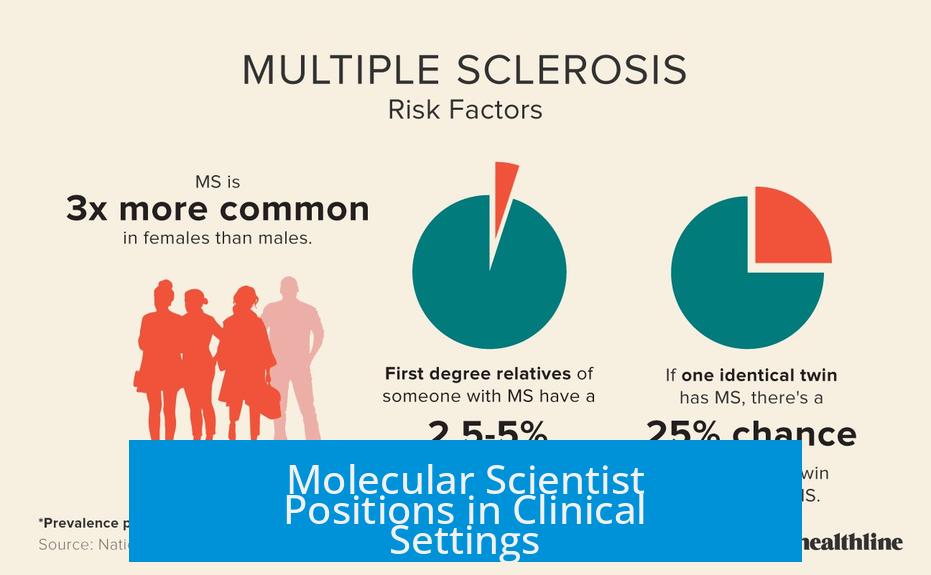
Hospitals and medical centers employ molecular scientists to perform diagnostic tests related to genetics, infectious diseases, and cancer. Clinical molecular scientists use PCR, sequencing, and other molecular techniques to analyze patient samples.
Certification from organizations like the ASCP (American Society for Clinical Pathology) significantly improves job prospects in these settings. While a bachelor’s degree may suffice in some roles, a master’s plus certification contributes to more competitive placement.
- Clinical Molecular Scientist
- Medical Laboratory Scientist with molecular specialization
- Diagnostic Laboratory Technician
Operations and Management in Medical Device and Biotech Firms
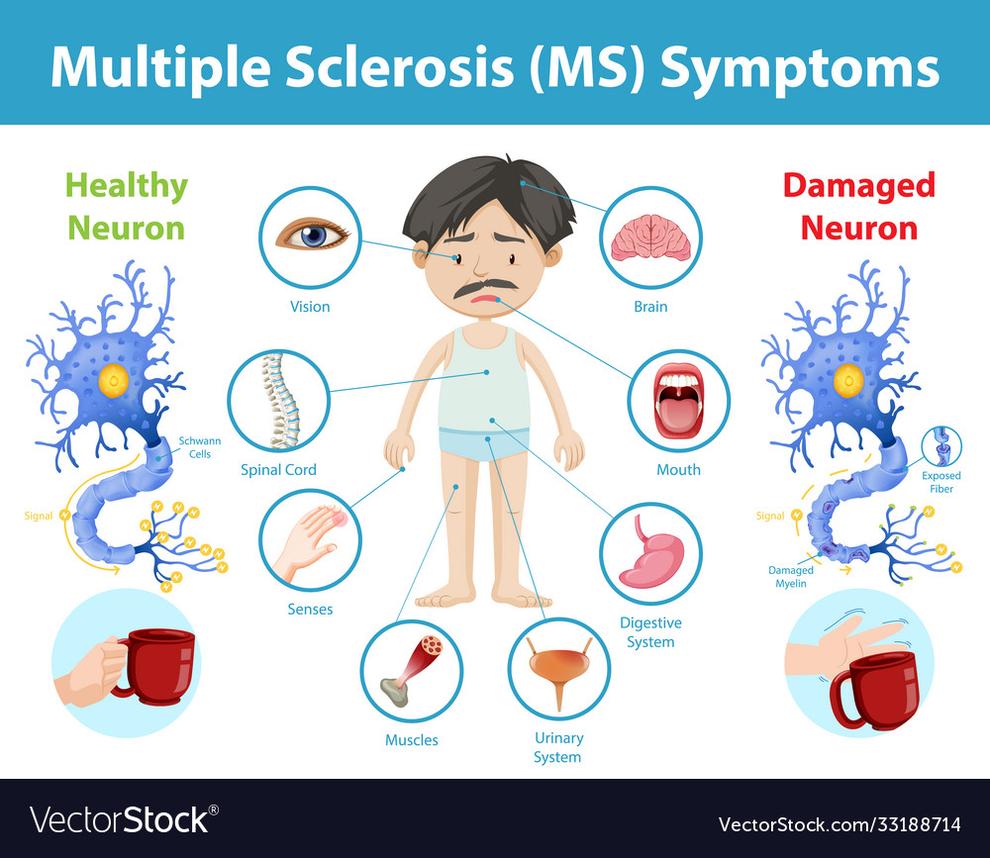
Professionals with MS degrees often transition into operational and managerial roles after a few years of lab experience. Working in QC or research can lead to positions such as Director of Operations, managing workflows, compliance, and team coordination in biotech or medical device companies.
Career progression includes:
- Entry-level QC or research scientist role
- Technical or supervisory position
- Operations management or director roles
Clinical Research and Contract Research Organizations (CROs)
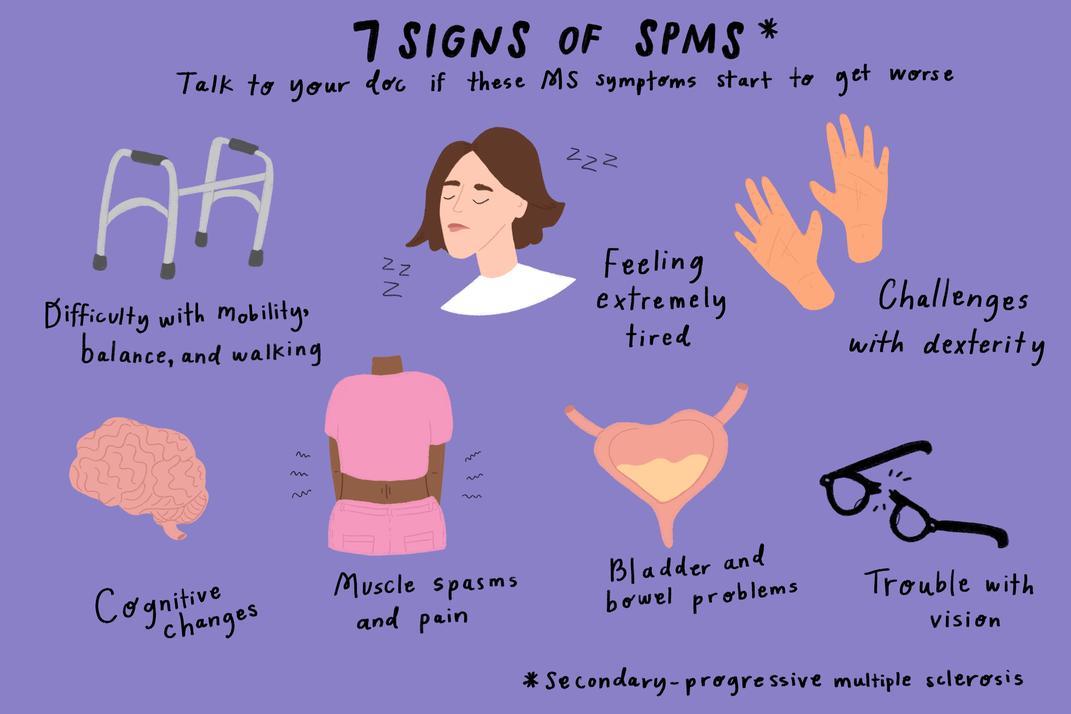
Clinical research organizations hire molecular biology graduates to support clinical trials and drug development. Tasks include protocol development, sample processing, data analysis, and regulatory documentation.
Starting as a research assistant or technician and leveraging professional connections helps in entering these competitive CRO positions.
Certification and Laboratory Technician Opportunities
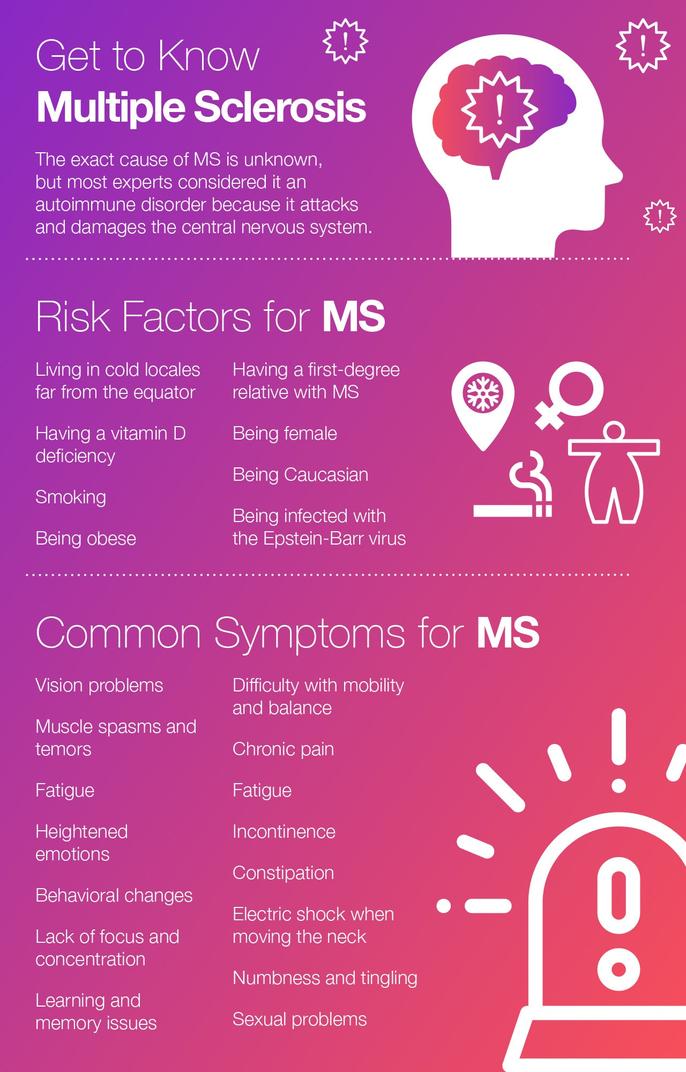
For those interested in laboratory technician roles such as Medical Laboratory Technologist (MLT), additional certification like the ASCP credential is often required. Biology degrees alone may not meet the eligibility requirements for some lab certifications.
Graduate certificate programs focusing on clinical laboratory science can provide the required training in roughly a year, often online. These programs prepare students for certification exams to expand job options in hospital and diagnostic laboratories.
Geographical Job Markets and Mobility
Job availability varies significantly by location. Major biotech and pharma hubs like Boston offer many molecular biology jobs. In contrast, some regions, such as New Jersey, may have fewer laboratory positions and more competition.
Graduates may face a choice between accepting lower-paying local positions or relocating to regions with abundant opportunities but higher living costs. Willingness to relocate improves access to higher-paying and advancement-oriented jobs.
Current Job Market Challenges and Career Flexibility
The molecular biology job market can be difficult at times. The demand for entry-level or technician positions is limited, and employers may hesitate to hire master’s graduates for these roles, fearing retention issues.
Patience is essential, as job searching can extend over months. Flexibility helps; some graduates explore industries adjacent to biotechnology or temporarily pivot to roles unrelated to wet lab work.
- Accepting entry-level positions temporarily
- Gaining experience in related fields
- Considering alternative science-based careers
Alternative Career Paths Outside the Laboratory
Molecular biology skills transfer to fields like data science, scientific consulting, environmental science, and even materials science. Some graduates pursue additional degrees such as data science to move away from the lab.
Industry examples include:
- Environmental consulting requiring biological expertise
- Materials science roles developing polymers and resins
- Scientific or technical sales roles with biotech or medical vendors
Environmental Science and Consulting Careers
Biology and molecular biology degrees can qualify for jobs in environmental science and consulting. These roles focus on environmental monitoring, contamination assessment, and regulatory compliance.
With experience, employees may advance to project management and increase their earning potential. Geographic factors influence salaries and job availability.
Sales and Vendor Roles in the Pharma and Biotech Sector
Some molecular biologists transition into sales or account management for scientific vendors or pharmaceutical companies. These roles require scientific knowledge combined with communication and customer relationship skills.
Sales positions often offer competitive compensation and can serve as a bridge back to scientific roles later.
Networking and Professional Relationships
Connections play a crucial role in finding and advancing in molecular biology jobs. Fellow graduates, academic mentors, and senior colleagues can provide job leads and advice.
Attending conferences, joining professional societies, and engaging in industry groups enhance networking opportunities.
Summary of Career Opportunities with an MS in Molecular Biology
| Field/Industry | Typical Roles | Additional Requirements/Notes |
|---|---|---|
| Biopharma | Quality Control Scientist, Lab Analyst | Experience in testing biologics, knowledge of GMP |
| Healthcare/Clinical Labs | Clinical Molecular Scientist, Medical Laboratory Scientist | ASCP certification improves prospects |
| Medical Devices | Director of Operations, QC Supervisor | Leadership and operational skills important |
| Clinical Research/CRO | Clinical Research Associate, Research Technician | Networking critical for entry |
| Environmental Science | Environmental Consultant, Project Manager | Biology background useful, pay varies |
| Sales and Vendor Roles | Field Application Scientist, Account Manager | Scientific knowledge plus sales skills |
| Alternative Science Fields | Data Scientist, Materials Scientist | Often requires additional training |
Key Takeaways
- An MS in molecular biology qualifies graduates for diverse roles in biotech, pharma, clinical labs, and beyond.
- Quality control and molecular scientist positions are common entry points.
- Certification such as ASCP enhances clinical laboratory job prospects.
- Geographic location impacts job availability and pay scales significantly.
- Career flexibility and networking improve chances in a competitive market.
- Alternative careers include environmental science, sales, and data science.
What Jobs Can You Get with an MS in Molecular Biology?
So, you’ve earned your MS in molecular biology—congratulations! Now, you’re probably wondering: what kind of jobs can you snag with this degree? Let’s get right to it: there are several promising career paths spanning biopharma, clinical labs, medical devices, research, and even sales. But the story isn’t as simple as just “get a job.” The job market is a mixed bag, with some pitfalls and opportunities that depend on factors like location, certifications, and flexibility.
Let’s unpack the options, real-world examples, and strategies to level up your career game in molecular biology.
Biopharma and Quality Control: Where MS Degrees Shine
If you enjoy working with biologics and ensuring the safety of medical products, biopharma quality control might be your sweet spot. For instance, an MS graduate specializing in molecular and cell biology could find themselves running endotoxin and bioburden tests on drug products. These tests are critical to make sure medicines and biomaterials meet safety standards.
Biotech and pharmaceutical companies are the main players here. Their quality control departments regularly hire molecular biologists to maintain the integrity of biological medical devices or novel biomaterials. And trust me—once you get a foot in this door, it can open pathways to other roles within these industries.
Molecular Scientist Roles in Hospitals: Certification Matters
Hospitals need molecular scientists, too! Interestingly, some hold just a bachelor’s degree but haven’t hit any snags finding good positions. Here is the catch: having an ASCP certification – that’s American Society for Clinical Pathology – boosts your employability drastically.
This badge shows that you understand clinical lab work well, which hospitals value for molecular testing roles. So, if you’re leaning toward clinical lab work, pursuing ASCP could fast-track your job hunt. However, note that for some roles, bachelor’s or master’s degrees alone might not meet all the criteria without this certification.
Operations and Management in Medical Device Companies
Yes, managers and directors can come from molecular biology backgrounds as well! One example is the path from quality control in pharma to operations leadership in medical device firms. It proves that your MS isn’t just about pipettes and centrifuges—it can prepare you for management roles too.
If you’re willing to climb beyond the bench and enjoy coordinating teams and projects, operations management can be fulfilling—and well-paid.
Clinical Research and Contract Research Organizations (CROs)
Starting as a research assistant often opens doors in clinical research. Contract Research Organizations (CROs) hire molecular biologists to help conduct trials, analyze data, and handle scientific documentation. Connections made during your graduate or undergrad years can be an invaluable asset to get you in.
Be patient though; the clinical research world can be competitive but rewarding once you land in.
MLT Jobs and the Role of ASCP Certification
Medical Laboratory Technician (MLT) positions usually require specific training programs beyond a molecular biology degree. They’re more technical and focused on routine lab testing. Most MLT roles want candidates to have an ASCP certification.
If you ever consider branching into this role, taking a graduate certificate program (some offered online) can prepare you for ASCP and broaden your job prospects in hospital labs.
Location Matters: Think Boston Before You Pack
Geography plays a huge role in job hunting. For example, Boston’s biotech cluster is buzzing with labs, pharma companies, and enzyme developers. It offers plentiful opportunities.
On the flip side, labs and companies in New Jersey have a tougher market. Sometimes, you face a stark choice: take a job with low pay at home or relocate to a more dynamic hub. It’s worth seriously weighing your options.
Job Market Challenges and How to Stay Agile
The market isn’t all sunshine and roses. Competition is stiff. Having a master’s degree can backfire if you apply for entry-level roles; employers worry you’ll quickly get bored or demand higher pay.
Adaptability is key! Sometimes shifting industries temporarily or gaining experience in adjacent fields can keep your career moving. It’s frustrating but practical.
Exploring Alternative Careers Outside the Wet Lab
Not everyone sticks to pipetting forever. Some molecular biology grads jump into data science, leveraging their biological background to analyze big datasets. Others join industrial sectors unrelated to biology, such as making epoxy resins in the thermoset industry.
These paths require learning new skills, but they offer fresh opportunities, especially if lab jobs are scarce.
Environmental Science and Consulting: A Green Opportunity
Did you know your molecular biology degree fits well in environmental consulting? Those jobs require expertise in biology and environmental sciences.
For example, a molecular biologist in Denver might start entry-level and, over five years, ascend to a $75K salary and even move into project management. Not bad considering urban living costs!
Sales Roles and the “Dark Side”
Here’s the plot twist: sales roles in vendor or pharma companies often seek folks with your scientific background. Positions like Field Application Specialist (FAS) or account manager pay well and bring different challenges.
If science sales intrigues you, it’s a viable career path. And the best part? You can always return to the lab work if the market improves.
Networking: Your Secret Weapon
Lastly, your connections are gold. Reach out to friends, seniors, or former professors. People are often more willing to help than you think. Leveraging your network can lead to job leads, advice, or mentorship that you won’t find on job boards.
Summary: Diverse Paths, Strategic Moves
With an MS in molecular biology, expect a range of potential careers. Popular paths include:
- Quality control in biopharma and medical devices
- Molecular scientist roles in clinical laboratories with ASCP certification
- Operations and management in med-tech companies
- Clinical research positions in Contract Research Organizations
- Environmental consulting roles
- Sales roles within scientific vendors and pharma
Location and certifications often influence your success. Biotech hubs like Boston shine as job hotspots. Flexibility, openness to related fields, and strong networking boost prospects significantly. Remember—sometimes the best job isn’t the most obvious one.
Now, asking yourself: which path suits your interests and lifestyle? Ready to dive deeper or pivot straps for a fresh start? Regardless, your MS in molecular biology equips you with a powerful foundation. Time to put it to work!
What types of jobs in biopharma can you get with an MS in molecular biology?
You can work in quality control, testing products for contaminants like endotoxins and bioburden. Roles focus on biologics and biological medical devices within biotech and pharma companies.
Are clinical molecular scientist roles accessible with a master’s degree?
Yes, hospitals hire molecular scientists often with certifications like ASCP. Having ASCP certification can improve job prospects, even if you only have a bachelor’s degree.
Can someone with an MS in molecular biology move into management roles?
Yes, graduates can advance to roles like Director of Operations in medical device companies after gaining experience in quality control and biotech operations.
Is it common to shift from research to clinical trials or CRO companies?
Many start as research assistants and leverage connections to join clinical research or CRO firms. This path can broaden career options beyond wet lab work.
Are there viable careers outside of traditional lab roles?
Yes, jobs in environmental science, consulting, or sales for vendor and pharma companies are options. Some also pursue data science degrees to transition out of lab work.


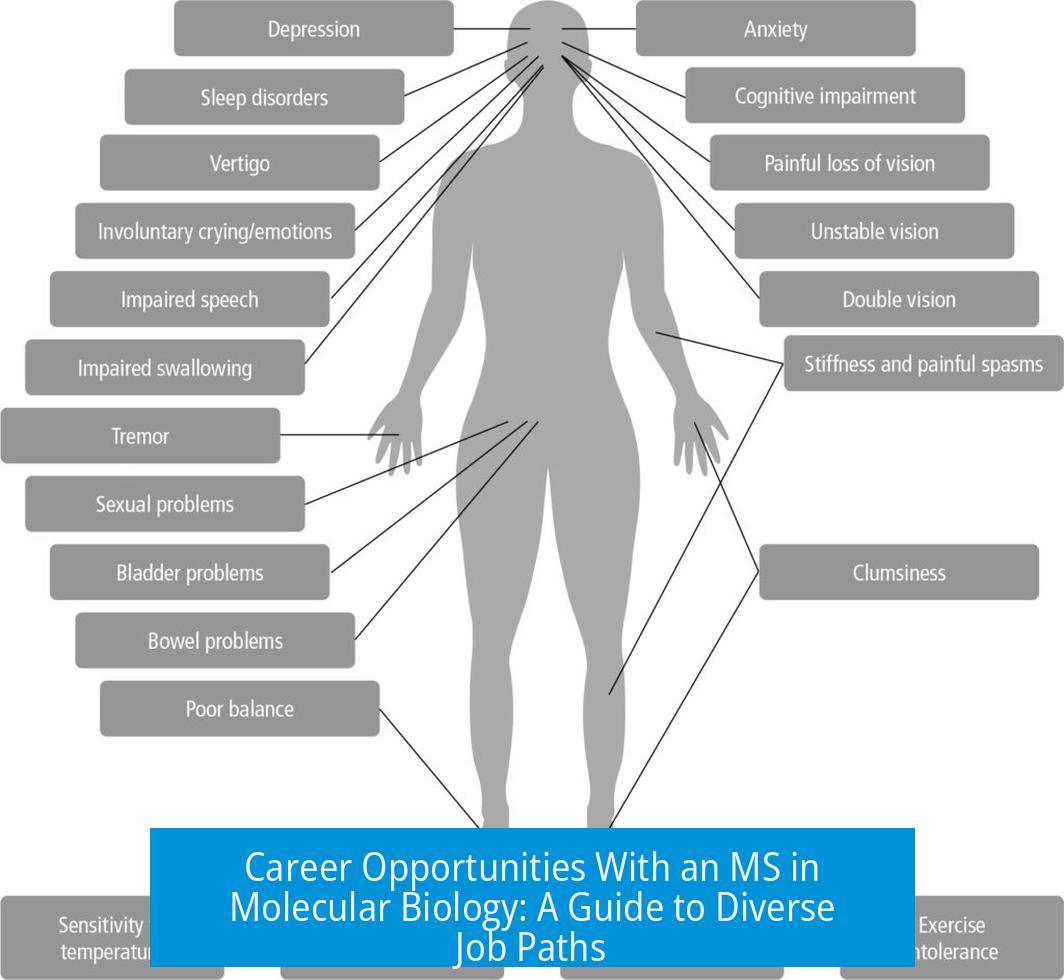

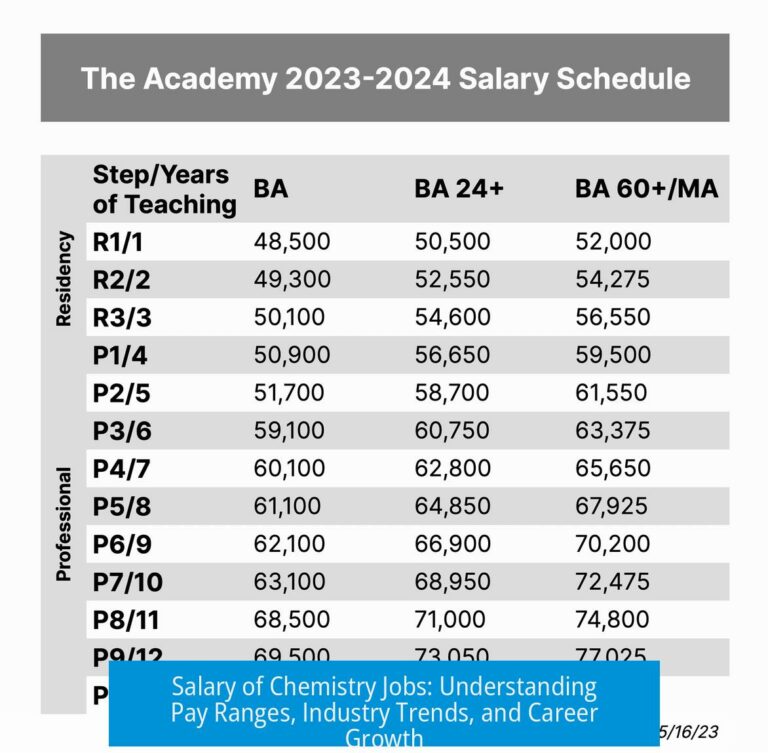
Leave a Comment